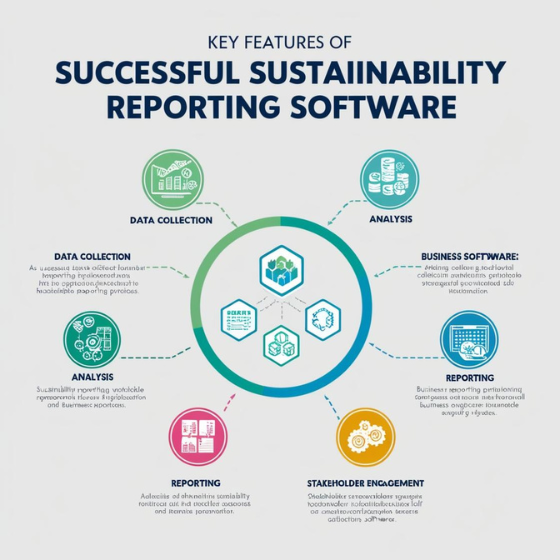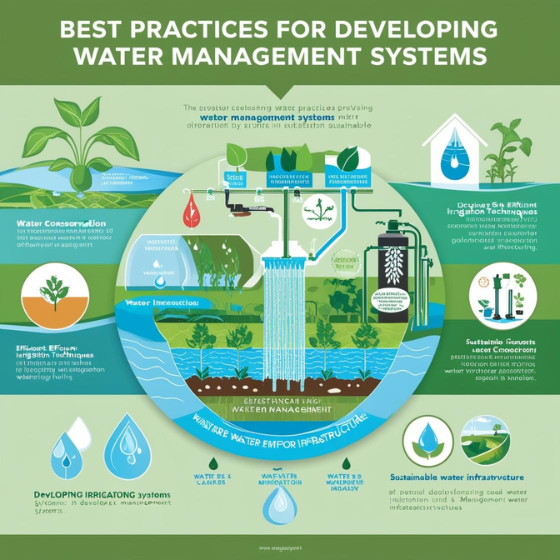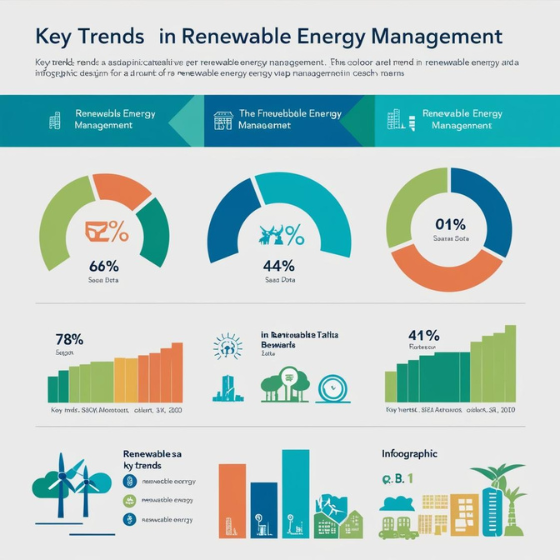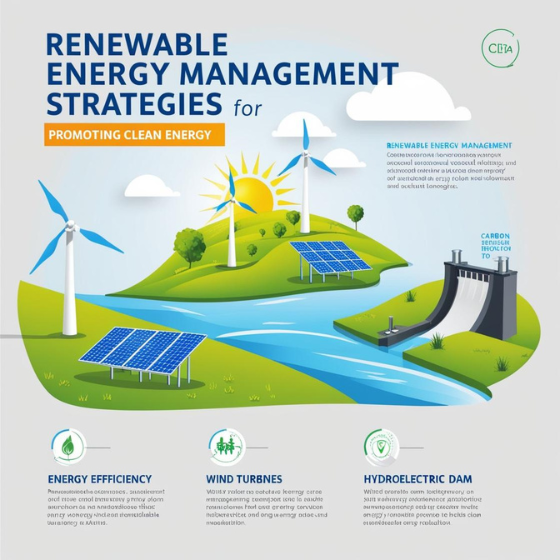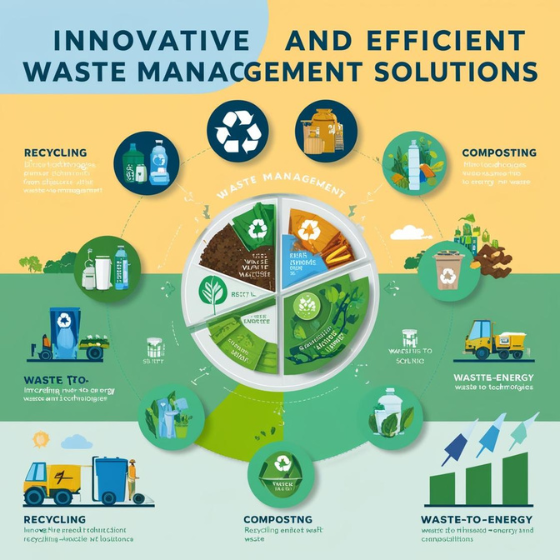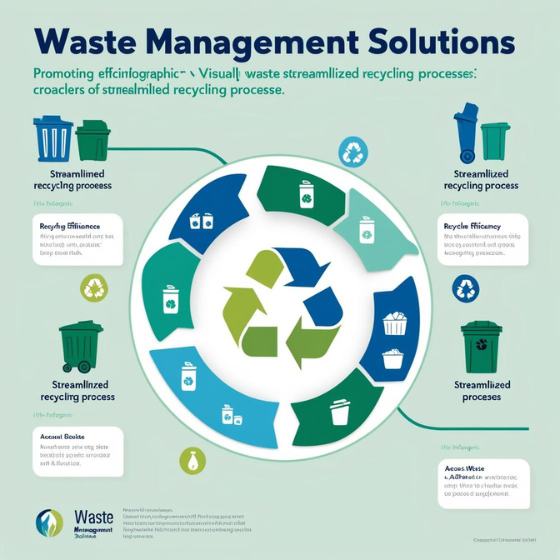Key Features of Successful Sustainability Reporting Software
Sustainability reporting software plays a vital role in helping businesses track, measure, and report their environmental, social, and governance (ESG) performance. However, not all software is created equal. To ensure its success, businesses should look for key features that enhance functionality, usability, and compliance. Below are the essential features of successful sustainability reporting software:
1. Data Integration and Centralization
- What it Does: Integrates data from various sources such as supply chains, energy meters, and HR systems into a unified platform.
- Why it Matters: Consolidated data ensures consistency, eliminates redundancy, and provides a single source of truth for all reporting needs.
Example: A company can automatically pull carbon emissions data from its utility providers and integrate it with supply chain metrics for holistic reporting.
2. Customizable Dashboards
- What it Does: Offers dashboards tailored to specific KPIs like water usage, energy efficiency, or waste management.
- Why it Matters: Businesses can track real-time progress and identify trends, enabling better decision-making.
Bonus Tip: Look for software that provides drag-and-drop features to make dashboard customization easier.
3. Automation of Reports and Compliance Frameworks
- What it Does: Automatically generates reports aligned with global standards such as GRI, SASB, and CDP.
- Why it Matters: Saves time, ensures accuracy, and reduces the risk of non-compliance with regulatory requirements.
4. User-Friendly Interface
- What it Does: Features an intuitive design that’s easy to navigate, even for non-technical users.
- Why it Matters: A seamless user experience ensures higher adoption rates and better utilization across teams.
Pro Tip: Choose software with multi-language support if you operate in diverse regions.
5. Real-Time Analytics and Insights
- What it Does: Provides actionable insights through AI-driven analytics and predictive modeling.
- Why it Matters: Helps businesses identify problem areas, set realistic sustainability goals, and measure progress effectively.
Example: A retailer can use analytics to predict seasonal spikes in energy consumption and take proactive steps to reduce its carbon footprint.
6. Secure Data Management and Audit Trails
- What it Does: Ensures data security through encryption and maintains audit-ready records for regulatory scrutiny.
- Why it Matters: Builds trust with stakeholders by providing transparent and verifiable data.
Fun Fact: Blockchain-based reporting systems are emerging as a powerful tool for securing data and enhancing transparency.
7. Scalability and Flexibility
- What it Does: Supports businesses of all sizes and adapts as they grow or change their sustainability goals.
- Why it Matters: A scalable solution ensures long-term value, eliminating the need for frequent software upgrades.
8. Stakeholder Engagement Tools
- What it Does: Offers storytelling features, interactive reports, and visualizations to present data effectively.
- Why it Matters: Enhances stakeholder engagement by making complex data easy to understand and impactful.
9. Mobile Accessibility
- What it Does: Enables users to access dashboards and reports on-the-go through mobile apps.
- Why it Matters: Ensures flexibility for global teams and encourages collaboration regardless of location.
10. Cost-Effectiveness
- What it Does: Delivers high ROI through features that reduce manual workload and increase operational efficiency.
- Why it Matters: Affordable solutions ensure that even small businesses can achieve their sustainability reporting goals.
Final Thoughts
When choosing sustainability reporting software, prioritizing these key features ensures that your organization stays ahead of compliance requirements while maintaining transparency and accountability. The right software doesn’t just meet today’s needs—it evolves with your business to support its long-term ESG goals.
Contact Sodio today to learn how we can develop sustainability reporting software tailored to your specific needs.
